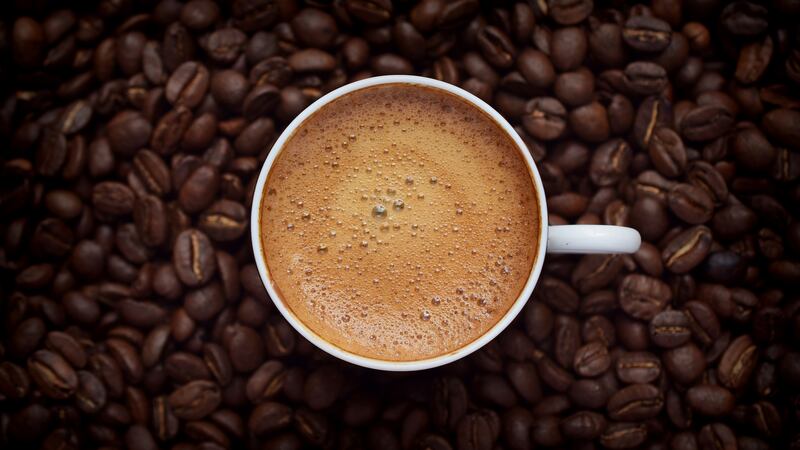According to the Migraine Research Foundation, roughly 39 million men, women and children in the United States suffer from migraines, a disorder in which individuals have recurring, unprovoked and often debilitating headaches.
Researchers have long warned that while caffeine can sometimes be an effective treatment for headaches, people who experience migraines may develop a tolerance and dependency for the drug, which can actually increase migraine frequency. So how much coffee can you drink to keep headaches at bay—without risking more migraines?
A new study published this week in the American Journal of Medicine suggests there's a specific trigger point: Three or more caffeinated drinks.
Lead researcher Elizabeth Mostofsky of the Harvard T.H. Chan School of Public Health and her team recruited 98 volunteers who experienced episodic migraines (at least twice a month, but no more than 15 times per month) to understand how caffeine consumption related to their migraine headaches, specifically how consumption affected the number of painful incidents the same day.
On average, participants reported experiencing about eight migraines during the six-week study period in which they filled out online surveys twice a day about their caffeine intake. All of the participants reported consuming caffeine at least once during the study period. On average, they consumed about eight servings per week.
Researchers then compared the migraine data for days participants reported consuming caffeine with days they didn’t.
Those who consumed three or more caffeinated beverages were more likely to experience migraine headaches that same day compared with days they consumed none at all. But among people who rarely consumed caffeinated beverages, just one or two servings increased the odds of having a headache that day.
"Interestingly, despite some patients with episodic migraine thinking they need to avoid caffeine, we found that drinking one to two servings [per] day was not associated with higher risk of headache," study senior author Suzanne Bertisch, an assistant professor at Harvard Medical School and a clinical investigator in the Division of Sleep and Circadian Disorders at Brigham and Women's Hospital in Boston, said in a statement. But Bertisch notes more research is certainly needed to confirm the findings, particularly whether the type of caffeine consumed or time of day of consumption may potentially influence the results.
Researchers also note that several other lifestyle factors can trigger migraines, such as stress level, sleep quality or alcohol consumption.
Still, Bertisch said, "This study was a novel opportunity to examine the short-term effects of daily caffeinated beverage intake on the risk of migraine headaches... It is an important first step."
Read the full study at amjmed.com.
Cox Media Group








